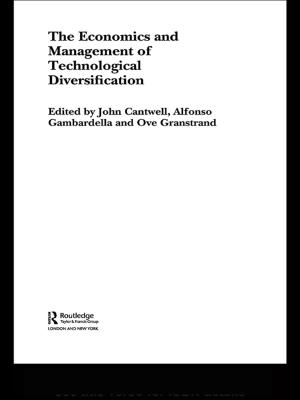African Philosophical Currents
Nonfiction, Religion & Spirituality, Philosophy, Social & Cultural Studies, Social Science| Author: | John Murungi | ISBN: | 9781351237390 |
| Publisher: | Taylor and Francis | Publication: | April 17, 2018 |
| Imprint: | Routledge | Language: | English |
| Author: | John Murungi |
| ISBN: | 9781351237390 |
| Publisher: | Taylor and Francis |
| Publication: | April 17, 2018 |
| Imprint: | Routledge |
| Language: | English |
The history of the human world has reached a stage where no philosophical community can any longer philosophize in isolation from other philosophical communities. The African philosophical community is not an exception and neither is any other philosophical community. There is a widespread notion in the West that philosophy originated in Greece and found its way throughout Europe, from where it migrated to Africa. This book argues that Philosophy did not migrate to African from anywhere but that it is radically native to all communities.
The chapters cover the erasure of African philosophy, African philosophical departures, the threat that Christianity has posed to African philosophy, African legal philosophy, African musical aesthetics and connections with classical philosophy. Arguing that the landscape of philosophy has a place not only for Africans but also for all human beings and that African philosophers are among the architects of this landscape, this book is an important read for scholars and students of African philosophy.
The history of the human world has reached a stage where no philosophical community can any longer philosophize in isolation from other philosophical communities. The African philosophical community is not an exception and neither is any other philosophical community. There is a widespread notion in the West that philosophy originated in Greece and found its way throughout Europe, from where it migrated to Africa. This book argues that Philosophy did not migrate to African from anywhere but that it is radically native to all communities.
The chapters cover the erasure of African philosophy, African philosophical departures, the threat that Christianity has posed to African philosophy, African legal philosophy, African musical aesthetics and connections with classical philosophy. Arguing that the landscape of philosophy has a place not only for Africans but also for all human beings and that African philosophers are among the architects of this landscape, this book is an important read for scholars and students of African philosophy.















